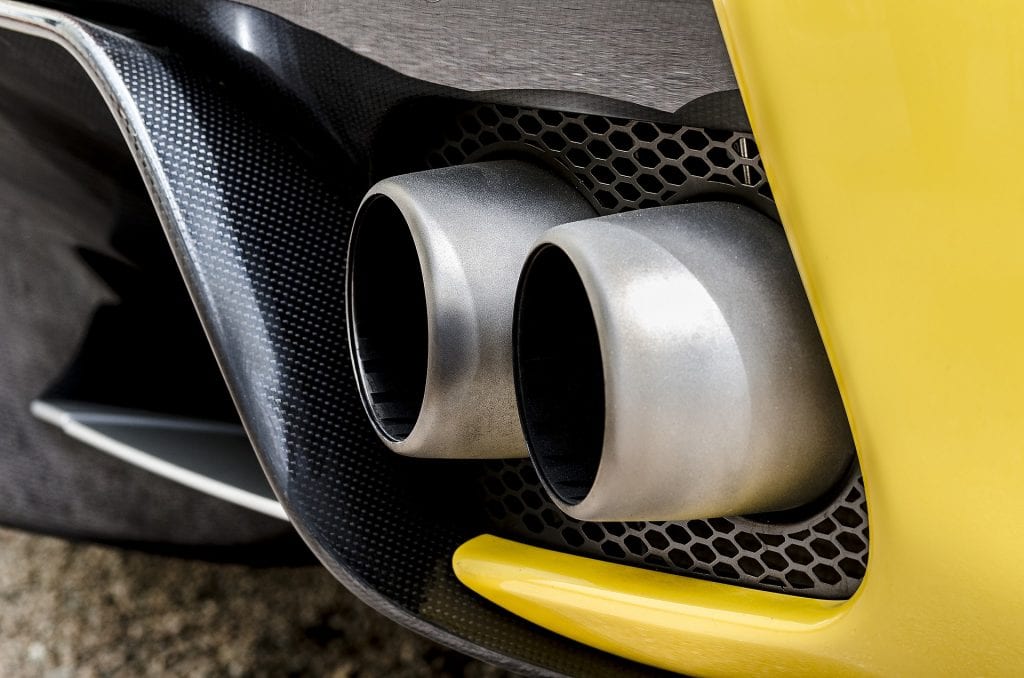In October 2017 the T-Charge came into force in central London. It represents the first step in major governmental plans to improve air quality in urban centres and, ultimately, throughout the British Isles.
The UK government has received several warnings from the UK courts and the European Commissions about air pollution levels, which are linked to 23,500 nationwide every year. In order to combat this new regulations have been drafted to target vehicles that do not meet European emissions standards Euro 4 and Euro 6. The 2005 Euro 4 standard has been used for the application of the T-Charge in central London, but future plans will all reference the more stringent 2014 Euro 6 guidelines.
What is the Euro 6 standard?
The Euro 6 standard restricts the sale of new vehicles within the EU that do not comply with minimum emissions targets. Emissions measured include NO2 and Carbon Monoxide, and all car manufacturers selling within the EU are required to test and self-certify based on the prescribed levels.
Who will the Toxin Tax affect?
The existing London T-Charge only affects diesel vehicles, and is applicable in the same zone and times as the congestion charge. From the move to Ultra Low Emissions (beginning in April 2019) similar charges will be applied to all vehicles not compliant to Euro 6 – including petrol cars, coaches, and HGVs. From that point any vehicle registered prior to 2014 will be at risk of incurring a charge if used in broadening designated areas.
What should I be doing?
Businesses with fleets should consider the effect of an added cost on their operations. Factors to consider include the age and size of the fleet, available cash, the cost of modernising, and possible future regulations. Car-buying individuals should also bear these costs in mind when considering a new vehicle.
For advice on how the Toxin Tax could affect you and how to mitigate its impact get in touch with us. Email Graham Purvis, Tax Director at gpurvis@robson-laidler.co.uk or ring him: 0191 281 8191


